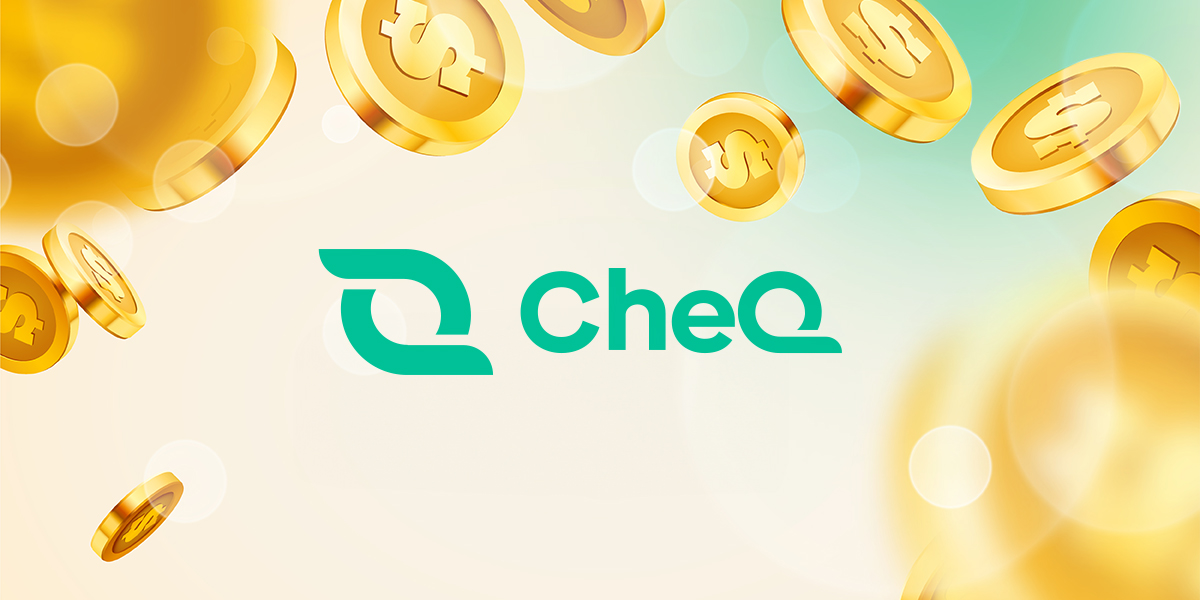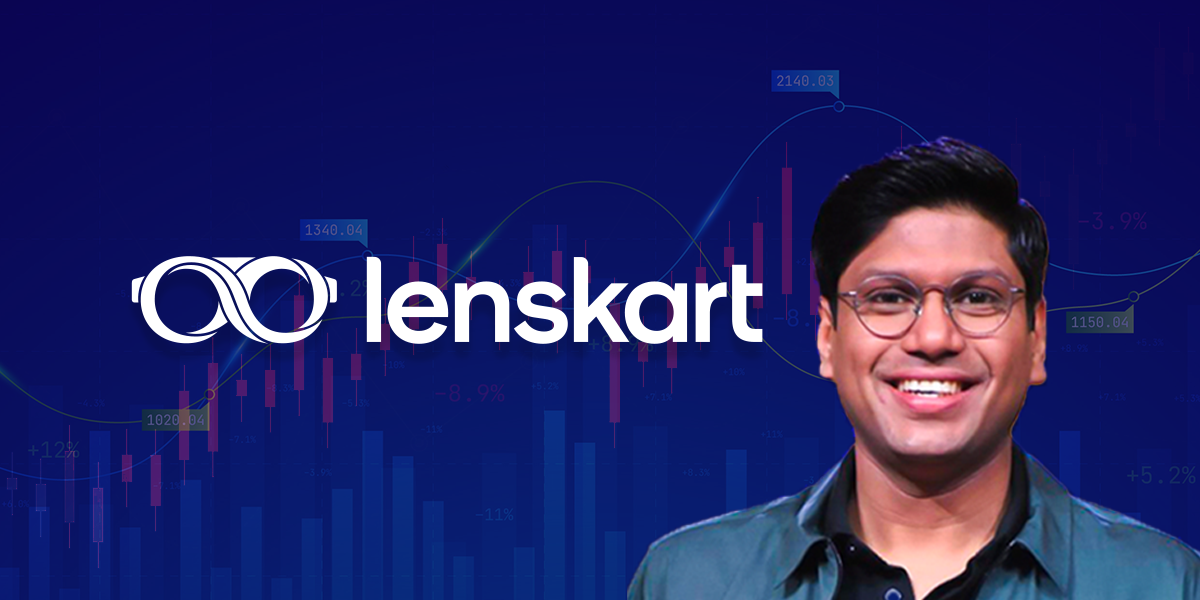While coming to terms with the new e-commerce policy, the leading online marketplaces in the country have quietly set aside deep discounts they were offering on a continual basis to lure customers to their platforms.
There has been a perceptible drop in deep discounts offered in the last three months on Flipkart and Amazon, said a report in ET quoting executives from leading consumer companies.
The platforms are no longer selling below the cost price even though there may be discounts on private labels of the marketplaces.
The e-commerce marketplaces may be lying low until the new government takes over and makes it stance clear on the foreign investment policy for e-commerce. They also may be trying to ward off opposition from the offline trade lobby which has been campaigning against heavy discounts being offered by marketplaces.
The Confederation of All India Traders (CAIT) had called the discounts ‘predatory pricing’ which upsets market dynamics. It claimed e-commerce marketplaces’ indulged in deep discounting and loss funding thereby violating FDI Policy 2016 of the Union government.
“These e-commerce companies claim to be a marketplace but mass scale public advertisements by them in the recent past is nothing but to solicit the consumers directly,” the body had said.
Some other executives are more hopeful. They feel it may also signal that these companies, as a policy, have finally decided to bury deep discount in pursuit of profit.
There have been 10-30% decline in quantum of online discounts between February and mid-May in consumer electronics, mobile phone, fashion and lifestyle goods as compared to the same period last year. The categories account for about 80% of the total e-commerce business in India.
Deep discounts have stopped completely, according to Puma India MD Abhishek Ganguly. He said the discounts offered in the marketplaces were down by 11-14% in the January to March period. Despite the tightening discounts, the company’s sales increased by 16% on Flipkart and 21% on Amazon in the first three months of the year. The executives of Arvind Lifestyle and BPL also reported a reduced markdown of prices on these platforms.
Taking into account serious opposition from the offline lobby, the offer of instant bank discounts too has been tightened in online marketplaces by raising the minimum eligible cart value. Amazon offered an additional 10% instant bank discount on total purchases of Rs 3,000 in a single bill during its sale last week, while for Flipkart pegged it at Rs 4,999. Last year, the minimum cart value for such offers was about Rs 2,500.
Even though the offline lobby isn’t complaining for now, they are cautiously watching the situation lest the deep discounts by cash-rich e-commerce marketplaces return in a new avatar.














